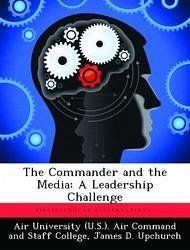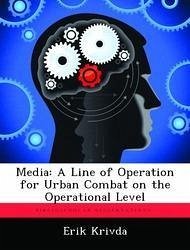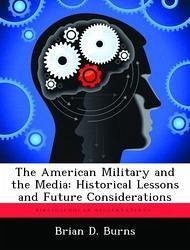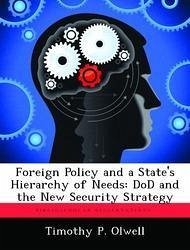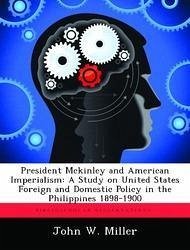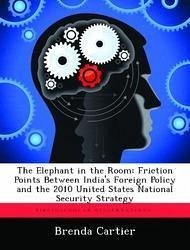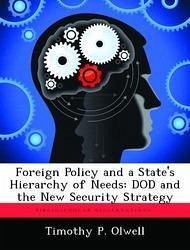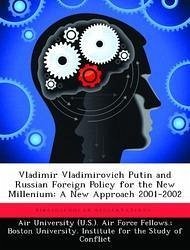Nicht lieferbar
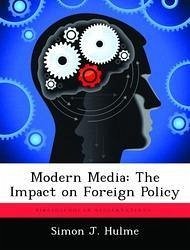
Modern Media
The Impact on Foreign Policy
Versandkostenfrei!
Nicht lieferbar
The end of the Cold War brought a change in role for a majority of the armed forces of the western nations. The operational emphasis moved from defensive posturing and expected total war, to employment possibilities across the whole spectrum of conflict. It seems that the western military forces have been employed as tools to further foreign policy outside the normally expected and declared policies of their governments. Moreover, it also seems; that western governments flex their positions with regard to foreign policies based on the media coverage of international events. The primary thesis ...
The end of the Cold War brought a change in role for a majority of the armed forces of the western nations. The operational emphasis moved from defensive posturing and expected total war, to employment possibilities across the whole spectrum of conflict. It seems that the western military forces have been employed as tools to further foreign policy outside the normally expected and declared policies of their governments. Moreover, it also seems; that western governments flex their positions with regard to foreign policies based on the media coverage of international events. The primary thesis question was designed to discover whether the media has had an effect on foreign policy or not. This was broken into three parts: (1) the possibility of media effect; (2) the chance of employment of that effect, and (3) a short recent historical study of the media effects, with regard to foreign policy. Although the thesis concluded that the modern media did have an effect on foreign policy, research has led the author to develop a basic theoretical model to assist in the definition of media effect when compared to certain foreign policy issues. It is suggested that further study develop this initial outline and model.




